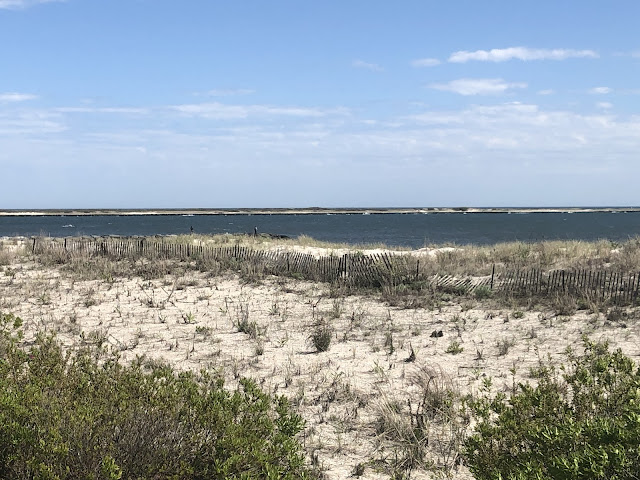As an educator, the worst thing I can do is to do something for you. In other words, I can’t interpret the poem or write the essay (or poem) for you. The best I can do for you, or anyone, is to impart skills and knowledge you can use to do those, and other, things.
Librarians do something similar: They don’t do your research for you; they enable you to do your own research. That is one reason why they are some of my favorite people.
The phrase “knowledge is power” (“sciencia potentia est”) is attributed to Francis Bacon, to whom four centuries of crackpots have attributed Shakespeare’s works. To be able to come up with such a pearl of wisdom takes, well, knowledge. That particular kind of knowledge,however, was available almost exclusively to men—and to men of the leisure classes, at that—in Bacon’s time. So, with all due respect to my male readers, I will say that women have a unique understanding of what Bacon has passed on to us. And it took affirming my own gender identity, as a trans woman, to see that.
Now you can understand the joy I felt over reading about the Iowa City Bike Library’s Women’s/Trans/Femme Night.
 |
| Iowa City Bicycle Library. Photo by Natalie Dunlap. |
Although it’s called a “library,” you can’t check out books. But you can borrow a bike—for a deposit. And the knowledge you can gain doesn’t come from scholarly journals or online sources. Rather, it emanates from staff members and volunteers who have a “hands-off” policy: They will show patrons how to fix something rather than doing it for them.
Such knowledge translates into power in all sorts of ways. The most obvious is that with it, you don’t have to “take it to a dude mechanic who’s the only person who can fix this,” as ICBL board member Clarity Guerra (You can’t make up a better name than that!) says. Perhaps more important, the confidence that comes with knowing you can fix your flat tire or brakes can encourage you to ride more, and even to see your bicycle as your chief means of transportation or recreation.
Such knowledge can be especially empowering for female-identifying people who have experienced domestic violence or who are members of racial and ethnic “minorities.” So it’s not surprising that ICBL has groups and programs to include them—and trans women. Or that it provides child care and snacks.
ICBL was founded in 2004: the year after I began my gender affirmation process. At the time, I didn’t know any other trans-identifying people who were cyclists, let alone who had worked as bike mechanics. Now in New York (where I live) there are rides, workshops and other bicycle-related events geared (pun intended) toward us. That makes me happy, and I participate whenever I can because I want to share at least some of my knowledge and experience—which I gained while living as a boy and man. Other female-identifying cyclists won’t have to go to the “dude mechanic” (my younger self!) or macho racer wannabes (ditto). Let them have my power!





























